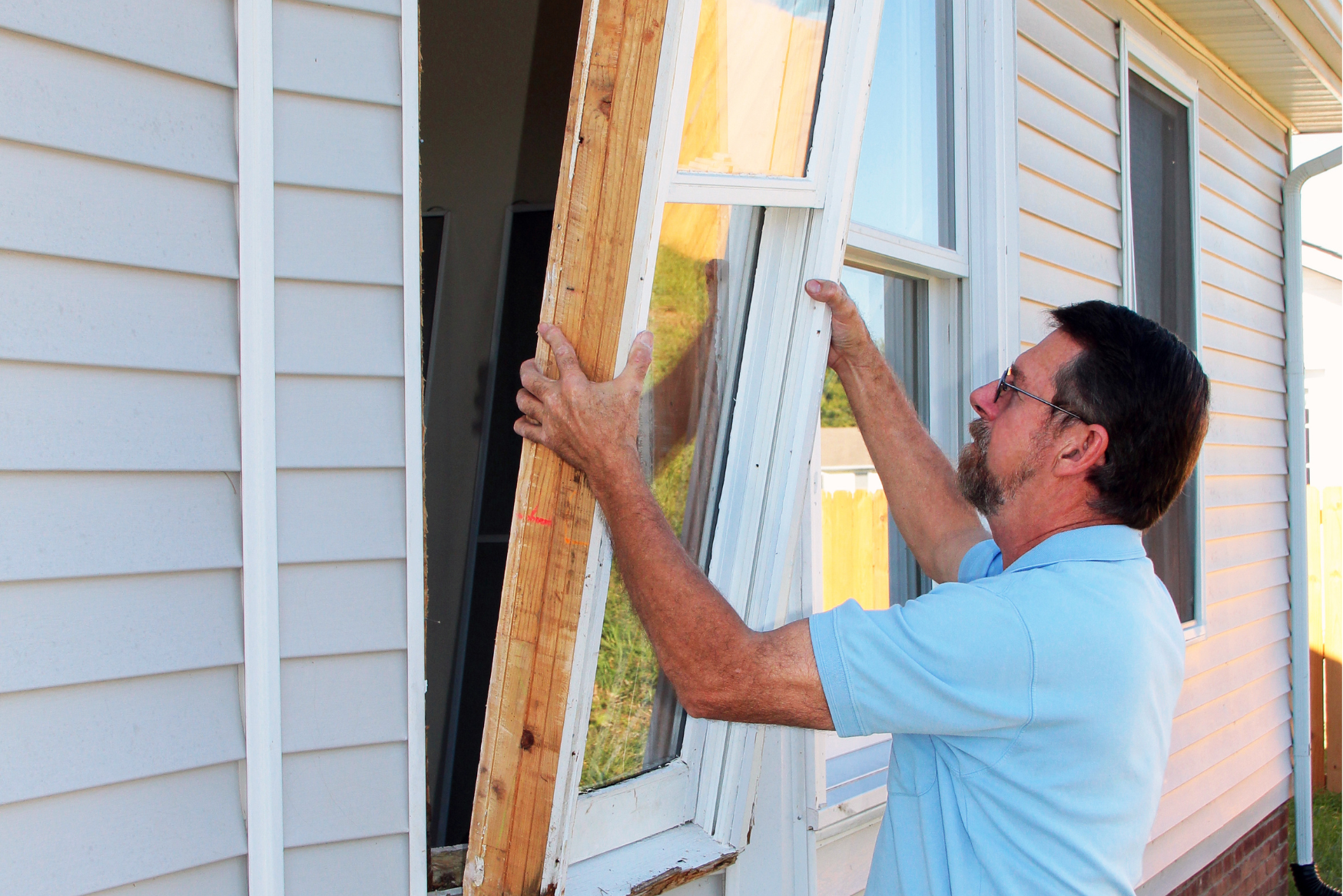
When in Taiwan: Cultural Do’s and Common Pitfalls to Avoid
In order to understand Taiwanese culture, you first need to know that Taiwan is a mix of many cultures due to its history of being colonized by several nations including the Dutch, Spanish, and Japanese. There have also been influences from Confucianism, Buddhism, and folk religion, which can be seen in the taboos and superstitions that are pervasive in Taiwanese culture. Other influences include Taiwan’s indigenous people groups and Han Chinese culture. Another evident influence is Western culture, particularly among the younger generation in modern-day Taiwan.
After living in Taiwan for four years, my family and I have learned some ways to adapt to Taiwanese culture, but we are still learning every day. The best way to learn culture is through observation! As you get to know the culture more, you will become aware of the nuances of appropriate behavior and realize that even some Taiwanese “break” these rules too.
Taiwanese people are generally very polite, helpful, and indirect. As a foreigner, you might not know if you have offended someone but try your best to respect cultural norms and customs. While you may experience the occasional outspoken auntie or grumpy bus driver who will scold you in public, you’re most likely to just be judged silently by locals. Read on to learn just a few of the dos and don’ts in Taiwan.
Did you know that Taiwan has one of the highest recycling rates in the world?
They take it very seriously here.
Recycling
DON’T
- Litter. It might be difficult to find a trash can at times, so hold on to your trash until you find one.
- Be disappointed when you hear tinkly music coming from a truck—it’s not ice cream, it’s the trash truck! Trash trucks come at certain times of the day, and you will see people coming out to meet it with their trash.
DO
- Try to separate your trash and dispose of things in the correct bins. At the very least, trash is sorted into food waste, recyclable, and regular trash, but depending on the place, it could be further broken down into even more specific categories. Some apartment buildings will publicly shame those who violate the trash sorting rules by posting a picture of the culprit for all to see or giving you a fine!
Public Transportation
Using public transportation is a great way to travel in Taiwan. Whether it’s the local city buses, long distance buses and trains, or the subway or elevated rail, you can get around easily in most major cities.

DO
- Give up your seat to those who need it, like the elderly, disabled, or a pregnant woman. There are special priority seats designated for those who need them on most public transportation.
DON’T
- Eat, drink, or talk loudly on public transportation. This rule applies to children on board as well. Taiwanese society values harmony and quiet in public spaces.
- Rush on to the bus or subway. Stand to the sides and wait for others to get off first, before getting on.
Showing Respect
Ways of showing respect in Taiwan are similar to those in other Asian cultures.
As a result of Japan’s occupation of the island from 1895-1945, many aspects of Taiwanese culture have been influenced by Japanese culture, especially in terms of orderliness, cleanliness, and politeness.
DO
- Use both hands when giving and receiving something like a gift, business card, or money. It’s a sign of respect. When visiting someone’s home, always bring a gift. Fruit, pastries, or snacks are common gifts to give.
- Take off your shoes when entering a home. Sometimes you leave them outside of the door, sometimes inside, or on a shoe rack. If visiting a local’s home, you might be offered slippers to wear.
- Find the end of the queue and wait. Taiwanese are quite orderly, and don’t mind queuing in long lines, especially if it’s for food.
DON’T
- Open a gift in front of the person who gave it to you. Thank them warmly, then set it aside to open later. It can seem rude or impatient to open it immediately.
- Greet people with a big hug. A handshake is ok, but not common. A wave, nod or smile is best. Taiwanese people appreciate friendliness but avoid overly physical gestures unless you’re very familiar with the person.
Superstitions
Taiwanese superstitions are rooted in a mix of Chinese folk religion, Taoism, Buddhism, and indigenous customs.

DO
- Be aware of superstitions your local friends might have, even if you don’t believe them yourself.
DON’T
- Stab your chopsticks vertically into your rice and leave them. It looks like incense sticks used at temples and is considered bad luck. Instead, rest your chopsticks horizontally on a chopstick holder or the edge of a bowl.
- Give clocks/watches, umbrellas, white flowers, or sharp objects. The reason these are considered unlucky gifts is either because the word in Mandarin sounds like another word relating to death, or because the object is a reminder of something related to death.
- Write names with red ink. Red ink is traditionally used for writing the names of the deceased on funeral banners, so it’s considered bad luck to write names in red ink.
These are just some of the do’s and don’ts you should know before coming to Taiwan. Remember, there are always exceptions to every rule. Observe how things are done around you or ask a friend who understands the culture for help. Don’t worry if you make a mistake, Taiwanese people are very forgiving towards foreigners, and you might not even realize that you’ve offended anyone. After living in Taiwan for a while, many of these things will become second nature to you!
Contributed by: Jessica Mao Smith of SEND Taiwan
Additional Posts




